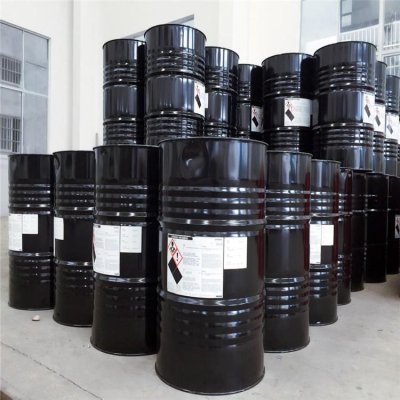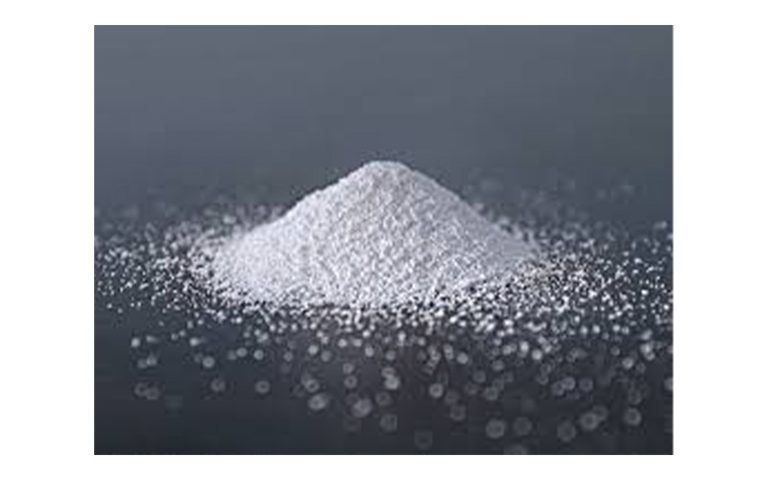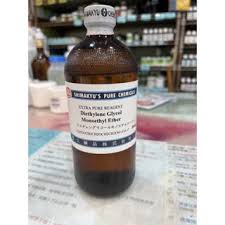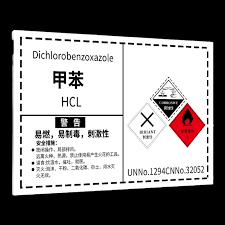lithium chloride reactions
What is Lithium Chloride?
Lithium chloride (LiCl) is a white crystalline salt composed of lithium and chloride ions. Its simple structure and ionic nature make it incredibly versatile. From industrial applications to scientific research, this compound is valued for its unique properties and practical uses.
Physical and Chemical Properties of Lithium Chloride
Lithium chloride has standout features that make it unique among salts. Let’s take a closer look at its key physical and chemical characteristics:
- Melting Point: Lithium chloride has a high melting point, reaching 605°C (1,121°F). This property makes it suitable for high-temperature uses like heat treatment in metallurgical processes. Learn More
- Solubility: It is highly soluble in water, which allows it to be used in various aqueous solutions. Additionally, it dissolves well in alcohol, which expands its usage in non-aqueous processes. You can read more about its solubility here.
- Hygroscopic Nature: Lithium chloride absorbs moisture from the environment easily. This property is why it’s often used as a desiccant to remove moisture from air or solvents.
- Ionic Properties: As an ionic compound, lithium chloride consists of lithium cations (Li⁺) and chloride anions (Cl⁻). These charged particles make it an excellent conductor of electricity when dissolved or molten.
The combination of these properties underlines why lithium chloride is such a sought-after compound. Whether you’re dealing with chemical synthesis or moisture control, it’s likely this compound will be involved.

Applications of Lithium Chloride
Lithium chloride shines in a variety of industries due to its adaptability and effectiveness. Here’s how this compound is applied across different fields:
- Air Conditioning Systems: Lithium chloride’s hygroscopic nature makes it a key ingredient in dehumidifiers and air conditioners. It efficiently removes moisture from the air, improving indoor air quality and comfort. Explore its uses in HVAC systems.
- Pharmaceuticals: In the medical field, lithium chloride has been studied and used for various applications, including its role in measuring cardiac output in patients. Scientists continue exploring its potential in treatments. You can find unique industry insights here.
- Organic Synthesis: Lithium chloride enhances reactions in organic chemistry, acting as a catalyst or reagent in several synthetic pathways. Its efficiency and reliability make it a go-to chemical for chemists working on complex substances.
From engineering to medicine, lithium chloride plays a significant role in modern advancements. Its physical properties combined with its diverse applications underscore its importance in both scientific and practical settings.
Reactions of Lithium Chloride with Acids
Lithium chloride (LiCl) is a versatile and ionic compound that exhibits interesting chemical behaviour when interacting with various acids. By exploring its reactivity with common acids, we can better understand its chemical properties and potential implications in industrial and laboratory settings.
Reaction with Hydrochloric Acid (HCl)
When lithium chloride is exposed to hydrochloric acid, the reactivity is quite minimal. Since lithium chloride is the salt of a strong acid (HCl) and a strong base (LiOH), it remains stable in hydrochloric acid solutions. The lack of noticeable reaction is due to the common ion effect, where the presence of Cl⁻ ions from HCl suppresses any equilibrium shifts in the dissociation of lithium chloride.
This stability makes lithium chloride an unreactive species in HCl environments, except under highly specific conditions. However, lithium metal reacts vigorously with HCl to produce lithium chloride and hydrogen gas, a reaction that highlights the difference between metallic lithium and lithium salts. [Learn more about this reaction of lithium and HCl
Reactions with Metals and Metal Compounds
Lithium chloride (LiCl), known for its ionic properties and reactivity, interacts with various metals and metal compounds in significant ways. These reactions often lead to the formation of new materials or enhance industrial processes like alloy production. Let’s glimpse into some of these fascinating interactions.






